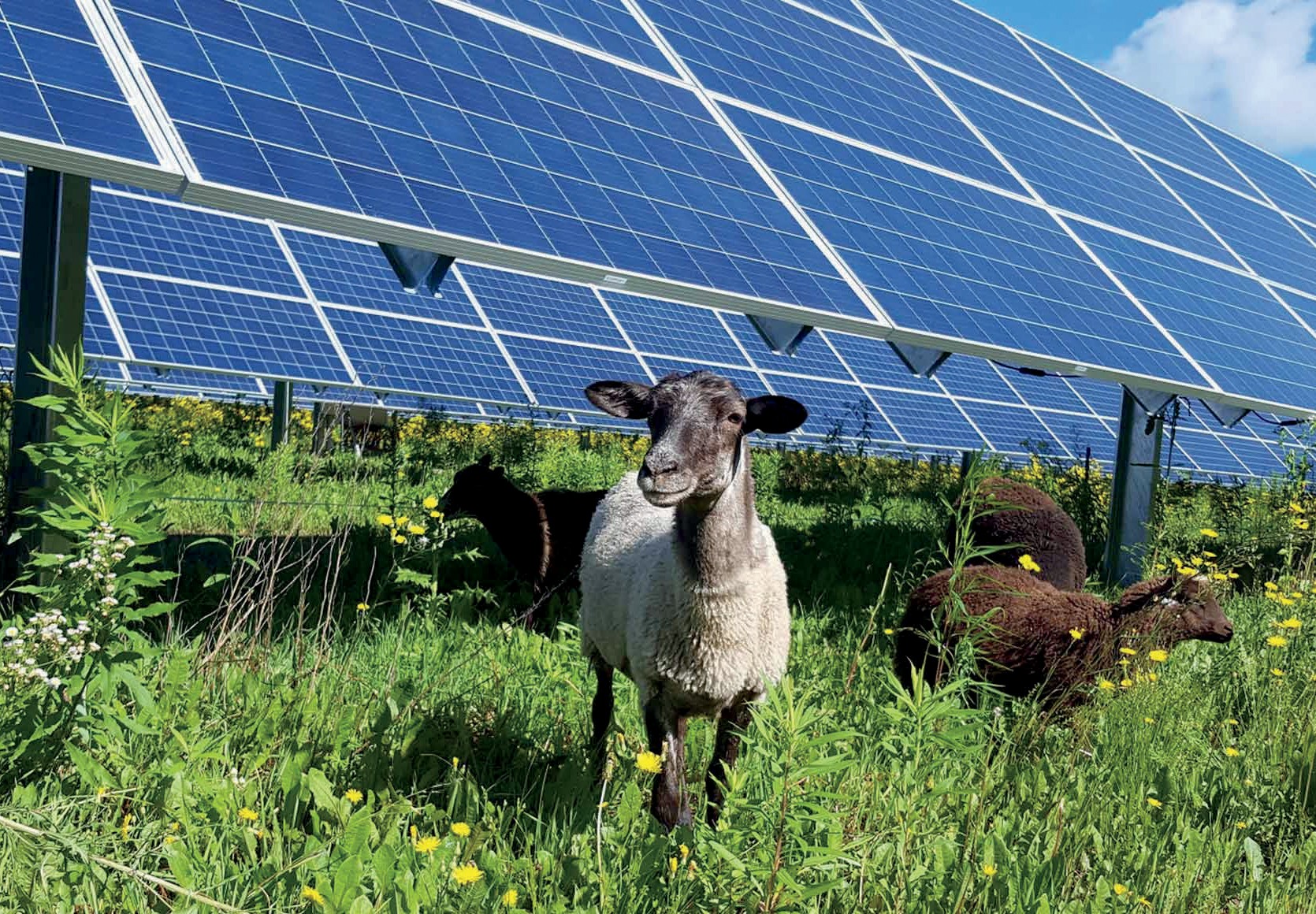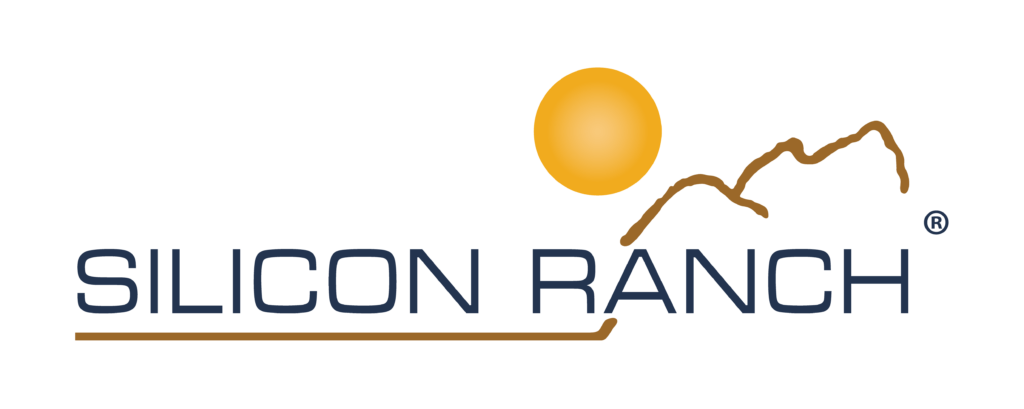Upcoming Events
There are no upcoming events at this time.
AGRIVOLTAICS INITIATIVE: SUPPORTING TEACHING, RESEARCH AND PUBLIC SERVICE
The rapid growth of solar projects helps to meet the demand for renewable energy and reduces our reliance on fossil fuels. However, large solar farms can have negative impacts on the environment and agriculture. They may provide little support for wildlife, exhaust the soil, decommission farmland and break generational ties to farming. But we do not have to choose between growing food and producing energy. Agrivoltaics combines farming with solar energy production, offering a way to create stronger, more resilient communities.
The Agrivoltaics Initiative invites stakeholders in the transition to renewable energy to help improve the lives of all Georgians. It aims to solve the technical, ecological, legal and agricultural challenges of solar production while addressing the need for renewable energy and preserving our state’s agricultural industry.

ACADEMIC PARTNERS
The Odum School of Ecology develops partnerships to integrate renewable energy production, sustainable agriculture and environmental resilience. Building on UGA’s history as a land-grant institution, we collaborate with experts in agricultural and environmental science, engineering, the humanities and law to achieve the triple-win of food production, clean energy and a healthy environment for all. The Odum School of Ecology’s internal partners include:
- College of Agricultural and Environmental Sciences
- College of Engineering
- College of Veterinary Medicine
- School of Law
- Warnell School of Forestry and Natural Resources
- Willson Center for Humanities and Arts
FOUNDING PARTNERS AND CORPORATE SPONSORS
BECOME A FOUNDING PARTNER
The Agrivoltaics Initiative seeks corporate, foundation and philanthropic partners to shape a future where all Georgians can thrive through the energy transition. Founding partners will seed efforts in teaching, research and public service that scale small agrivoltaics experiments into larger, production-size systems, boosting our energy, food, community and ecological resilience.
TRAIN THE NEXT GENERATION
Fellowships, capstones and internships give students immersive-learning
opportunities in agrivoltaics. Student support helps UGA to develop the next generation of leaders in emerging fields that address Georgia’s most pressing challenges.
STIMULATE RESEARCH AND DEVELOPMENT
Faculty support, research grants and funding for experimental agrivoltaics arrays allow UGA experts to develop scalable mechanisms to integrate solar energy with food production. These solutions will benefit Georgia’s consumers, landowners and ecosystems.
ESTABLISH COMMUNITY PARTNERSHIPS
Symposia, workshops and public service projects connect leaders and build relationships. Together, universities, businesses and communities can expand opportunities for Georgians to embrace sustainable, renewable energy solutions.
AGRIVOLTAICS: INTEGRATING SOLAR & AGRICULTURE
EMPOWER RURAL COMMUNITIES
By leveraging the opportunities that renewable energy can bring to underserved areas, communities can grow while sustaining Georgia’s agricultural and natural resources. The economic benefits of combining solar energy with farming include:
- Keeping agricultural land in use
- Cutting irrigation costs
- Powering farms while supporting Georgia’s electrical grid
- Diversifying income with energy production
- Creating new jobs in construction, maintenance and operation
BUILD CLIMATE RESILIENCE
Changing weather patterns affect rural communities with heat waves, droughts and extreme events, putting at risk the livelihoods of those who depend on the land. Solar farms can create better environments for a more resilient future. Some of the ecological benefits of climate-smart solar energy include:
- Boosting carbon capture through livestock grazing
- Redirecting rainwater and protecting crops during storms
- Lowering heat stress and reducing evaporation rates as temperatures rise
- Restoring habitats for pollinators that are essential for crops and ecosystems
- Connecting wildlife habitats, helping native species move across the land while conserving natural resources




